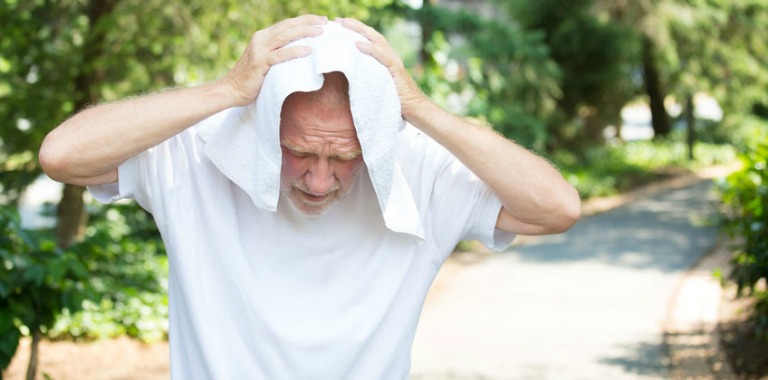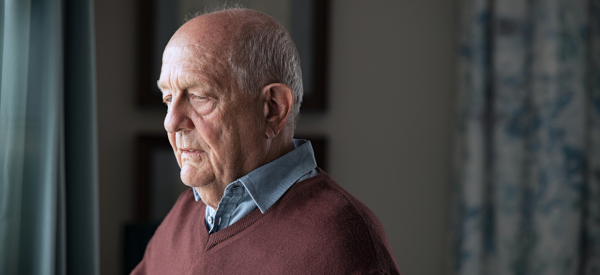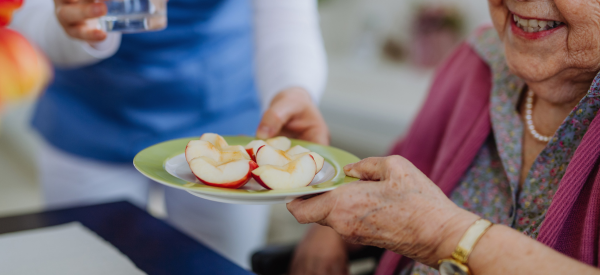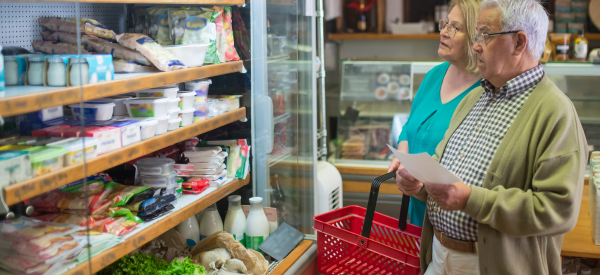Many people are unaware of the dangers associated with hyperthermia and the growing number of heat-induced emergency room visits and deaths seniors experience every year.
And it’s not likely to get any better in the near future, as summer temperatures seem to be steadily increasing.
Hyperthermia is recognized in several forms: heat cramps, heat edema, heat syncope, heat exhaustion and heat stroke. Of these, the most common types seniors experience are heat exhaustion and heat stroke.
Older Americans are particularly susceptible to hyperthermia because of existing health conditions and chronic illness. According to a Harvard School of Public Health study an increase of one degree can mean the difference between life and death for them.
A few of the health factors that FHC has found to pose the biggest threat to vulnerable seniors are high blood pressure or people on salt-restricted diets, heart, lung and kidney disease, poor circulation and inefficient sweat glands, lack of perspiration, being overweight or under weight, and alcoholism (even consuming moderate levels of alcohol).
In many cases these conditions can prevent elderly loved ones from leaving their homes or being able to stay outdoors for extended periods of time. And during the hot summer months, if air conditioning or fans are not accessible, it may be difficult for seniors to retreat to cooler temperatures.
External factors that often contribute to the risk of hyperthermia include: hot, sticky indoor climate, heavy clothing, and unawareness of weather conditions.
So what can be done to ensure that your older loved one is cared for and well-protected from heat-related illness?
One of the most important things seniors can do is to stay hydrated. Dehydration can actually lead to many of the health problems associated with warmer temperatures.
Drink plenty of water, while avoiding caffeine and alcohol.
Remain in a cool, dry place. Seek out air-conditioned venues if not available at home. Movie theatres, malls and libraries are great places to go when it’s too hot indoors.
Encourage your loved one to take showers or sponge off with cool water. Wrapping ice cubes in a wash cloth or using ice packs are also good ways to cool down.
During the hottest part of the day, stay inside. If possible, run errands and schedule trips to the grocery store early in the morning or later in the evening.
Lastly, keep an eye on your elderly love one. Often times seniors are taking medication or suffering from a condition that decreases sensation – and not even realize that they’re too hot or thirsty.
Staying in touch with your loved one, when the temperature starts to rise, will ensure their comfort and long-term safety.
And if you feel that your loved one needs senior care services in Chicago during these extreme periods of heat, give us a call at 877-262-1223.
Protecting Seniors in Rising Temperatures




